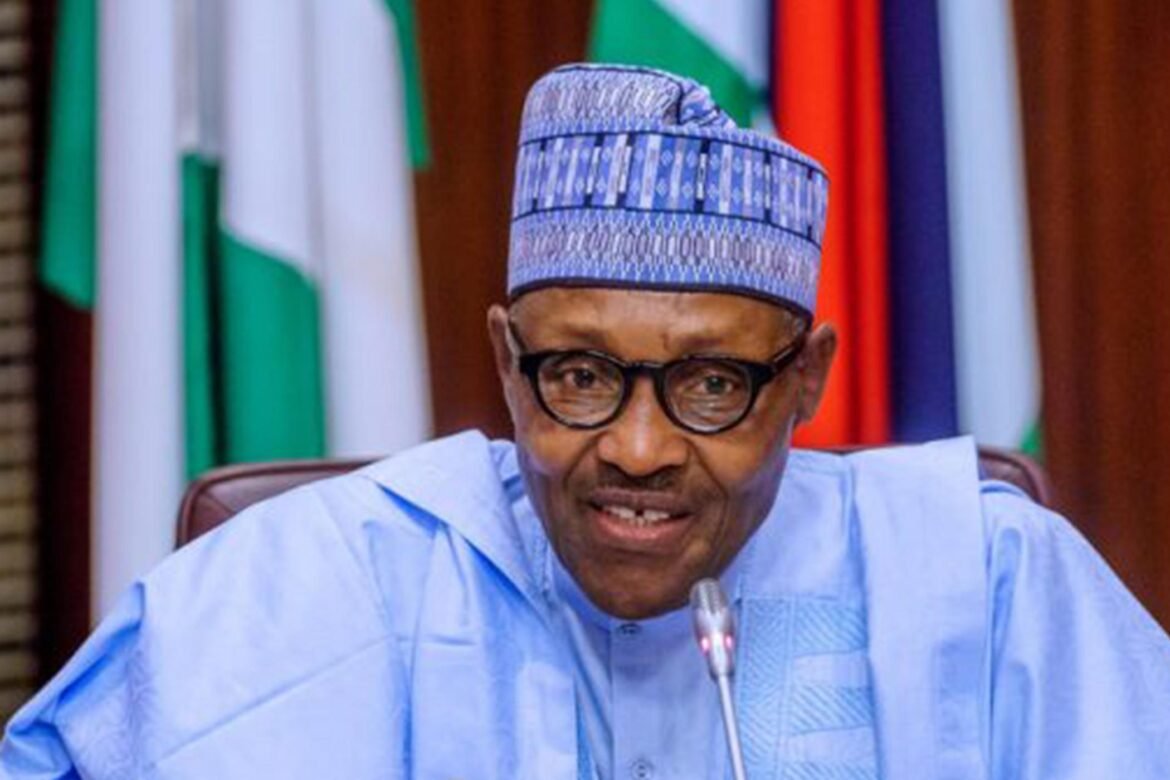It had barely been a year since Goodluck Jonathan packed his bags and walked out of Aso Rock, the seat of presidential power, for good.
He had lost the presidential election to Muhammadu Buhari some 14 months earlier.
Yet, by late May of 2016, the media was already awash with news of the former president having fled the country for fear of getting arrested by the new APC government.
Jonathan would immediately deny he was on the run, but the news was that he was seeking asylum in Ivory Coast.
His fears were supposedly based on the stern reputation Buhari had towards corruption and criminal activities during the president’s days as a military leader.
And in the months before fleeing the country, those close to the former president told stories of how he was constantly on his guard, hanging on to Buhari’s every word and looking for signs that the president was about to pounce on him.
He reportedly followed Buhari’s public statements to the point of obsession.
Even before he lost the 2015 election, Jonathan’s wife, Patience Jonathan had pleaded with the electorate not to vote Buhari because he would incarcerate them all.
Buhari had after all campaigned on taking on the corrupt head on.
And based on his own statements, in his military days, he detained corrupt politicians and declared them guilty until they proved their innocence.
For millions of Nigerians, that was what they were expecting of Buhari when they elected him president in March 2015.
In the mid 80s, as military ruler, Buhari took the same hard line against armed robbers, sending them to the firing squad and crushing the Maitetsine uprising with military force.
He wasn’t the only one. The Bar Beach in Lagos was once a site for public executions and it started under the rule of Yakubu Gowon.
Even during the military governments of Olusegun Obasanjo and Ibrahim Babangida, death by firing squad was the weapon of choice for coup plotters.
It wasn’t until the turn of the century that public executions disappeared in Nigeria.
But that didn’t necessarily mean security forces weren’t carrying out extrajudicial killings of armed robbers, kidnappers and bandits behind the scenes.
Now as the President in 2020, the same Buhari is being asked to throw in the towel, admit failure and resign as the President over his inability to curb rising insecurity in the country.
The call for him to resign came on the floor of the senate from Enyinnaya Abaribe, a member of the opposition PDP.
The outrage that has followed the senator’s demand is in itself an indication of how many Nigerians feel about the level of insecurity, the banditry, kidnappings and attacks by Boko Haram and herdsmen in the country.
The question now is whether Buhari has grown soft or is truly constrained by the democratic norms of the 21st century.
Would the “old Buhari” have been more effective in tackling current security challenges?
It is an acknowledged fact that Nigerian Police is not expanding at the same rate with the country’s ever growing population.
Apart from the structures of Nigeria’s security agencies, and the absence of tangible results, the pertinent question is whether the government has the right approach to tackling insecurity.
What is not in doubt is that the Nigerian public is demanding that drastic measures be taken.
Only no one is saying what exactly those measures should be, other than prosecuting violent criminals.
Rodrigo Duterte was elected president of Philippines in May 2016.
He ran a campaign of promises to set aside the rule of law and kill tens of thousands of criminals using death squads.
He even promised to end criminal activities within six months of becoming president.
And the campaign promises weren’t mere words. As for theories on combatting crime, violence was his answer.
Duterte as mayor of Davao City had done just that, killing a reported 1,000 petty criminals, drug users and street children all in the name of ending the country’s drug trade and criminal activities.
Today, even conservatives estimates suggest close to 10, 000 individuals have lost their lives due to extrajudicial killings since Duterte became president.
And there is no doubt that it hasn’t been only drug dealers that killed, many innocent people have also been swept away in the wave killings by the death squads with the tacit approval of the president, and sometimes with the aid of the police.
For every murder, kidnapping or violent attack that is reported in the Nigerian media, there are likely nine others that go unreported.
Yet, according to Crime Index for Country 2019 Mid-Year, Nigeria has a crime index of 64.64 from a population of just over 200 million people.
In Africa, only South Africa and Namibia are worse off. But the country is followed very closely by Kenya with a crime index of 62.38 and Libya at 61.26.
In the developed world, the United States of America at 46.73 is second only to Sweden in terms of crime rate.
But what the numbers don’t show is that crime in the US has gradually declined over the last 25 years. And in certain cities in the country, the crime rate is as high as anywhere else in the world.
And what is really unique is that the search for answers in curbing violent crimes, has always been driven not by the government or crime fighters, but by social scientists who have debated and written extensively on everything from theories on community policing, zero tolerance to crime where even the most petty of crimes are prosecuted and to the mass incarceration of criminals.
Some of the ideas of these social scientists have become popularly like the criminological “broken windows theory”.
It is now left to political leaders to choose which theories best suits prevailing circumstances.
In Nigeria, the answer of many politicians and lawmakers to violent crimes and insecurity is to infuse a lot of politics and religion into the problem.
And at times, the infusion of politics starts right on the floor of either chambers of the National Assembly.
No expert testimony are ever sought before resolutions are passed.
No social scientists are called in to identify the root causes of criminal activities, anti-social behaviour and civil disorder.
All that is heard on the floor of the House of Representatives is that the service chiefs should admit failure and resign their positions.
It may very well be in the best interest of the defense establishment for the security chiefs to give way to fresh set of eyes to look at the issues at stake.
The present heads of defense forces are not indispensable. The institutions they head are far more important than their individual survival.
But it is too a simplistic a view to think the country’s security challenges will suddenly be resolved by a change of baton at the defense headquarters or by setting up regional vigilantes.
The reality is that the present challenges are compounded by political decisions made on the daily basis, which have far greater impacts on the level of insecurity than the perceived ineffectiveness of the security chiefs.
State governors are negotiating with kidnappers and bandits, and are even paying them off.
That is not all, the governors engage in prisoner swaps with the bandits for victims that are held for ransom.
Katsina governor, Aminu Bello Masari, is very open about all of this.
Instead of prosecuting bandits, more of them are let loose into the society.
It is only natural for the bandits and kidnappers to believe they are the ones with the upper hand.
And for every crime or murder they commit, there is no punishment, only reward and compensation. It’s a perfect recipe to swell the ranks of criminal gangs.
It will also ensure the problem festers for a long time to come.
But what is important, is that it is time the search for answers goes beyond hushed discussions in the National Security Council.
The military do not necessarily have the best answers to address problems of social unrest.
Social scientists, if there any with genuine understanding and free from bias in the country, should lead the way in dissecting Nigeria’s peculiar security challenges.
That is unless Nigerians believe the answer is to set up vigilantes and death squads to roam the streets in search of violent criminals.
That after all, was what the Civilian JTF was doing in the northeast.
Never mind that no decent or just society can be built like that.








